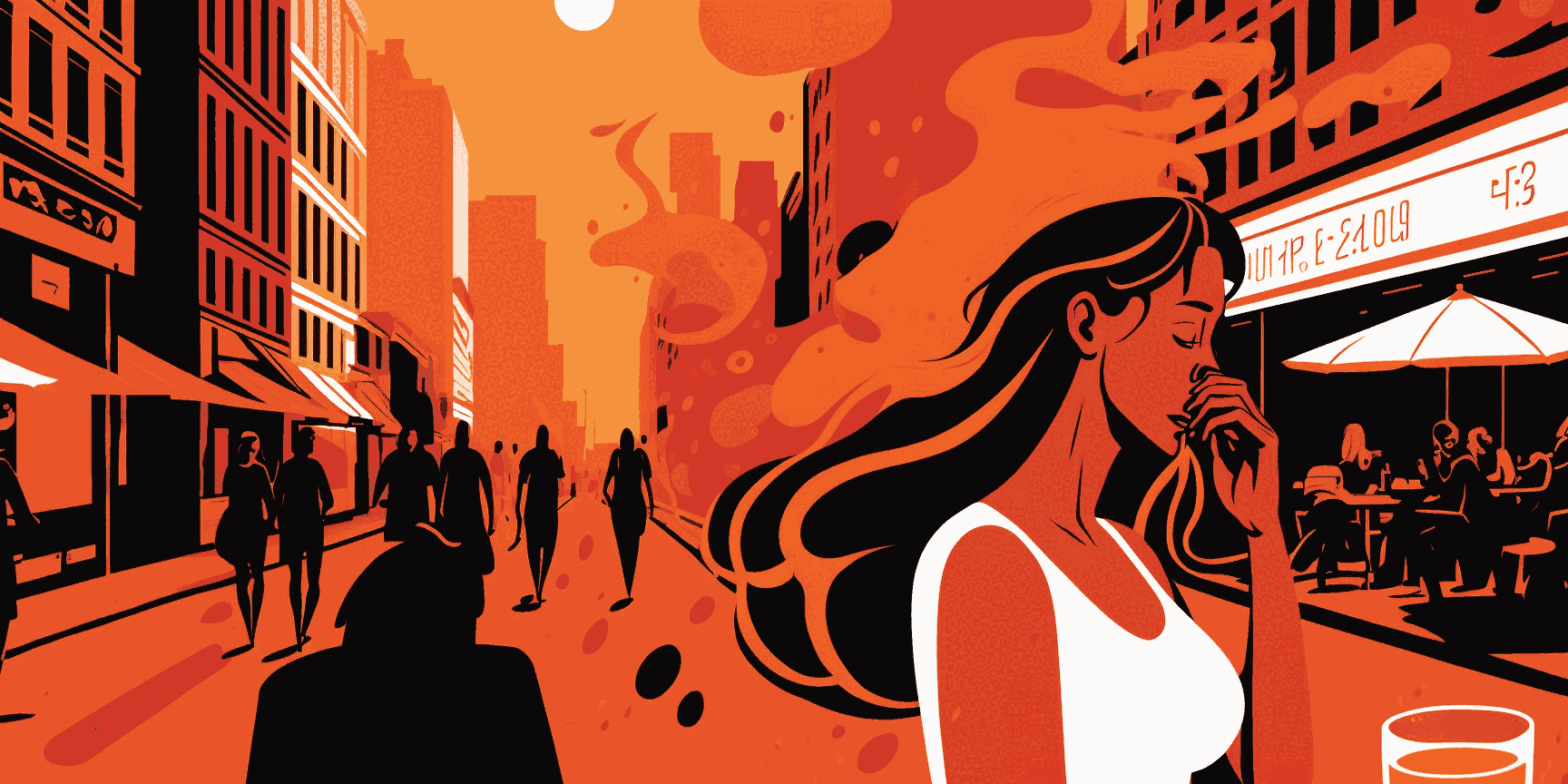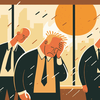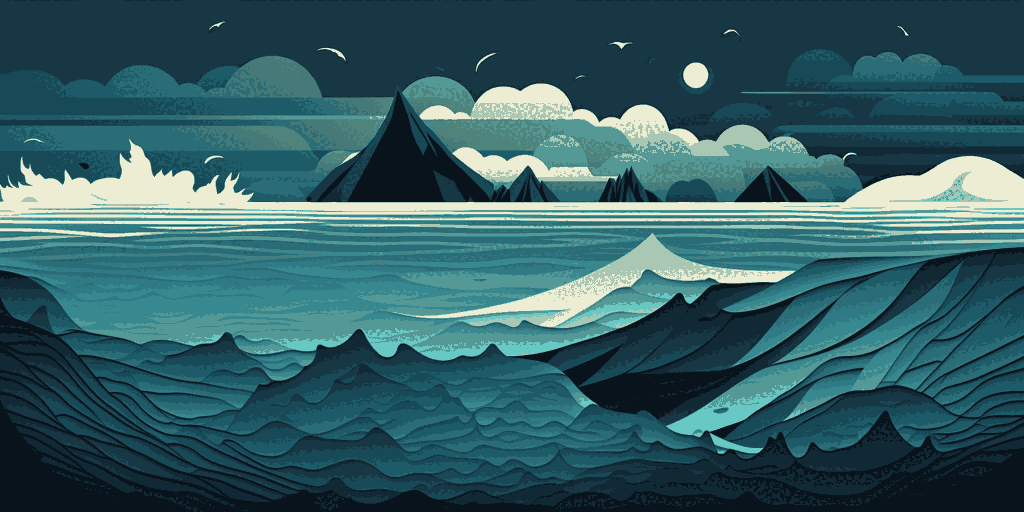The Increase In Frequency Of Warm Days And Nights Due To Climate Change
Climate change is one of the most pressing issues of our time. Its effects are being felt all over the world, and one of the most visible and immediate impacts is the increase in the frequency of warm days and nights. This phenomenon has serious consequences for human health, agriculture, wildlife, and the environment.
Table Of Content
- Causes Of The Increase In Frequency Of Warm Days And Nights
- Consequences Of The Increase In Frequency Of Warm Days And Nights
- What Can Be Done To Mitigate The Increase In Frequency Of Warm Days And Nights
- Cause
- Is Caused By
As the world continues to experience climate change, the frequency of warm days and nights has been increasing. This rise in temperature poses significant challenges to human health, biodiversity, and ecosystems. In this article, we will delve deeper into the issue of climate change and its impact on the frequency of warm days and nights. We will discuss the causes of this phenomenon, its consequences, and what can be done to mitigate it.
Causes Of The Increase In Frequency Of Warm Days And Nights
The main cause of the increase in frequency of warm days and nights is the rise in global temperatures resulting from climate change. This rise in temperature is primarily caused by the increase in the concentration of greenhouse gases, such as carbon dioxide and methane, in the atmosphere. These gases trap heat and prevent it from escaping into space, leading to a warming of the planet.
Human activities are the main contributors to the increase in greenhouse gas concentrations. The burning of fossil fuels, such as coal, oil, and gas, releases large amounts of carbon dioxide into the atmosphere. Deforestation and land-use changes also contribute to the increase in greenhouse gas concentrations by reducing the number of trees that absorb carbon dioxide through photosynthesis.
Consequences Of The Increase In Frequency Of Warm Days And Nights
The increase in frequency of warm days and nights due to climate change has several consequences. These consequences affect human health, biodiversity, and ecosystems.
- Human Health: The increase in temperature increases the risk of heat-related illnesses such as heat stroke, dehydration, and exhaustion. It also exacerbates respiratory and cardiovascular diseases, particularly in vulnerable populations such as the elderly, children, and those with pre-existing medical conditions.
- Biodiversity: Climate change is causing significant changes in the distribution and abundance of plant and animal species. The increase in temperature is causing some species to shift their ranges towards higher latitudes and elevations. Some species are unable to adapt to the new conditions, leading to their decline or extinction.
- Ecosystems: Climate change is affecting ecosystems by altering their structure and function. The increase in temperature is causing changes in the timing of natural events, such as the flowering of plants and the migration of animals. This, in turn, affects the interactions between species and disrupts the balance of ecosystems.
What Can Be Done To Mitigate The Increase In Frequency Of Warm Days And Nights
Mitigating the increase in frequency of warm days and nights due to climate change requires a comprehensive approach that involves both mitigation and adaptation strategies.
Mitigation: Mitigation strategies aim to reduce greenhouse gas emissions and slow down the rate of climate change. These strategies include:
- Transitioning to renewable energy sources such as solar, wind, and hydro power
- Improving energy efficiency in buildings, transportation, and industry
- Reducing deforestation and promoting afforestation and reforestation
- Implementing carbon capture and storage technologies
Adaptation: Adaptation strategies aim to help communities and ecosystems adapt to the impacts of climate change that are already occurring. These strategies include:
- Developing early warning systems for heatwaves and other extreme weather events
- Enhancing the resilience of infrastructure, such as buildings and roads, to withstand extreme weather events






